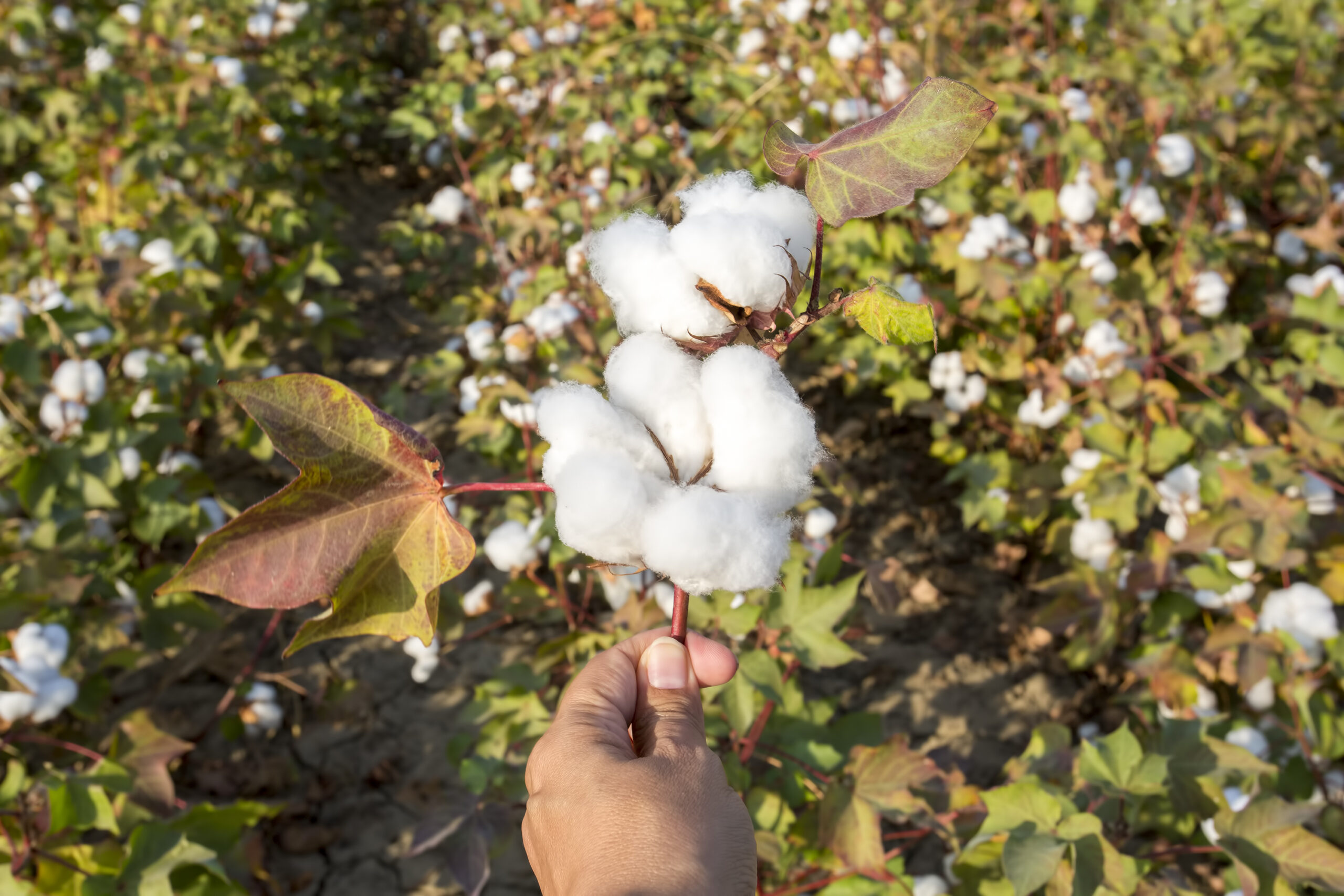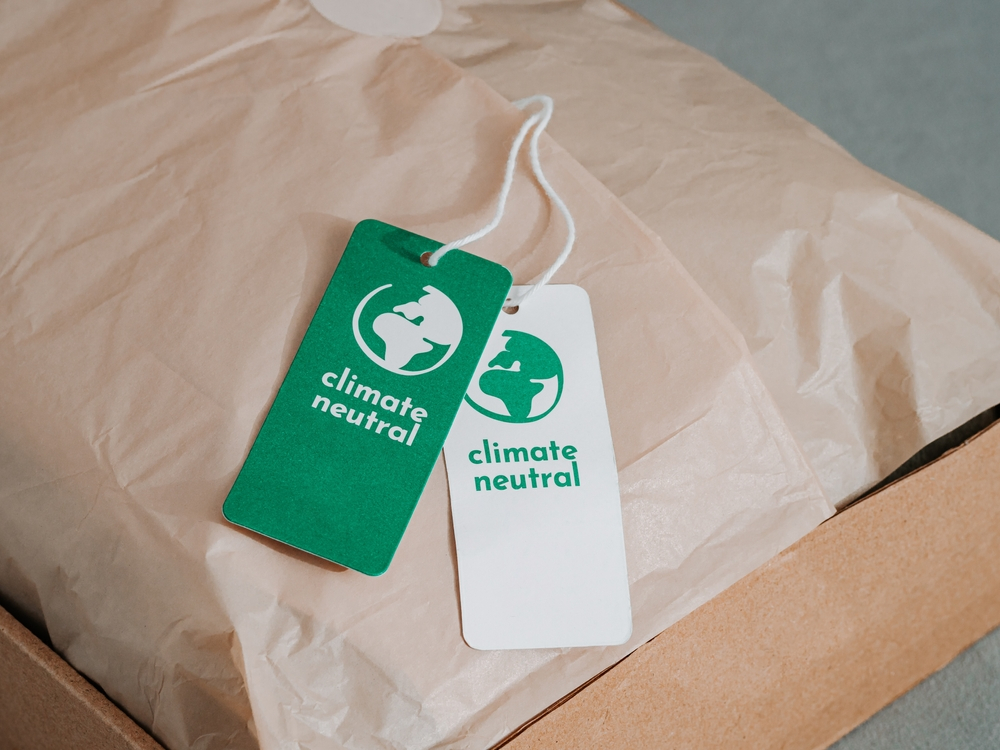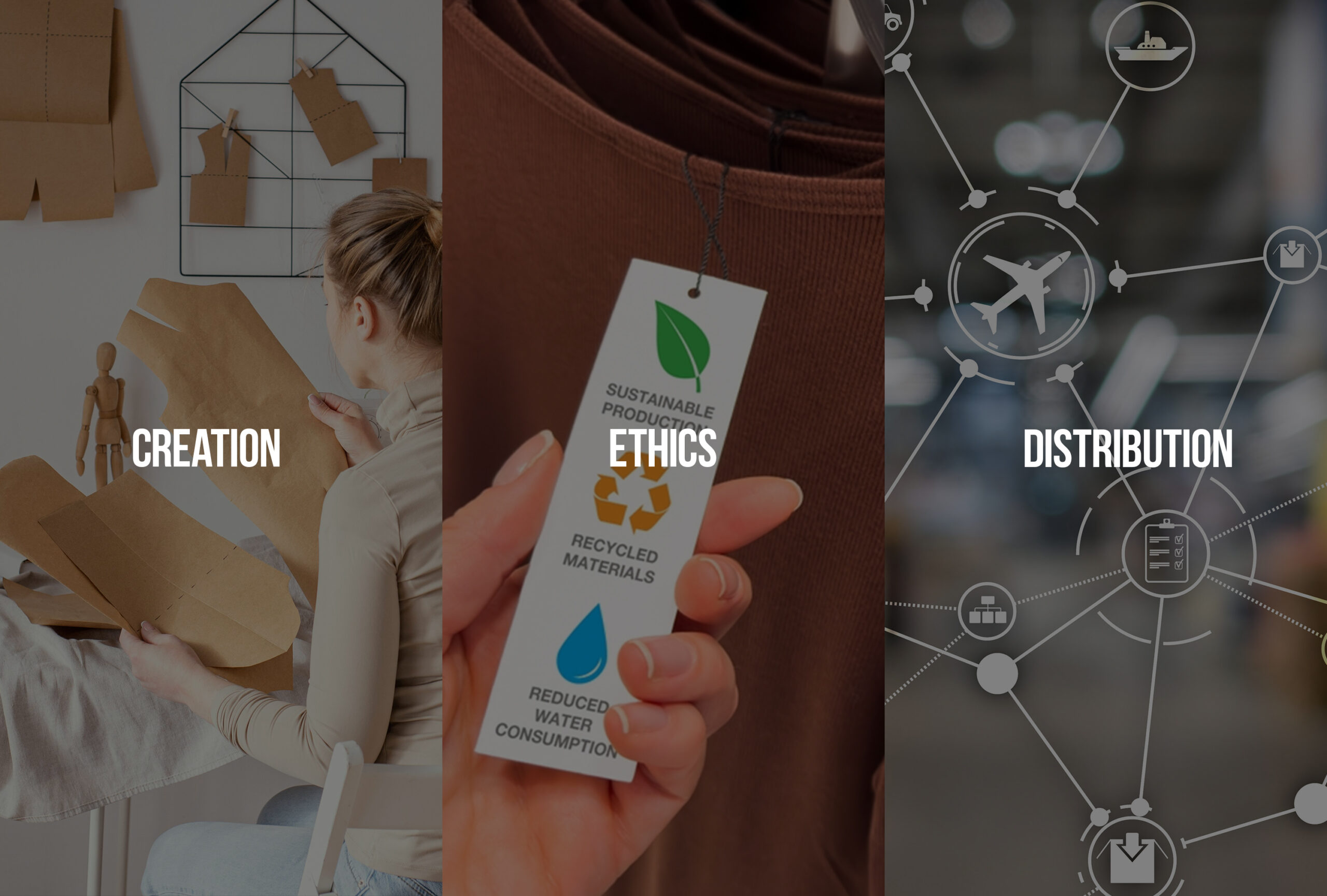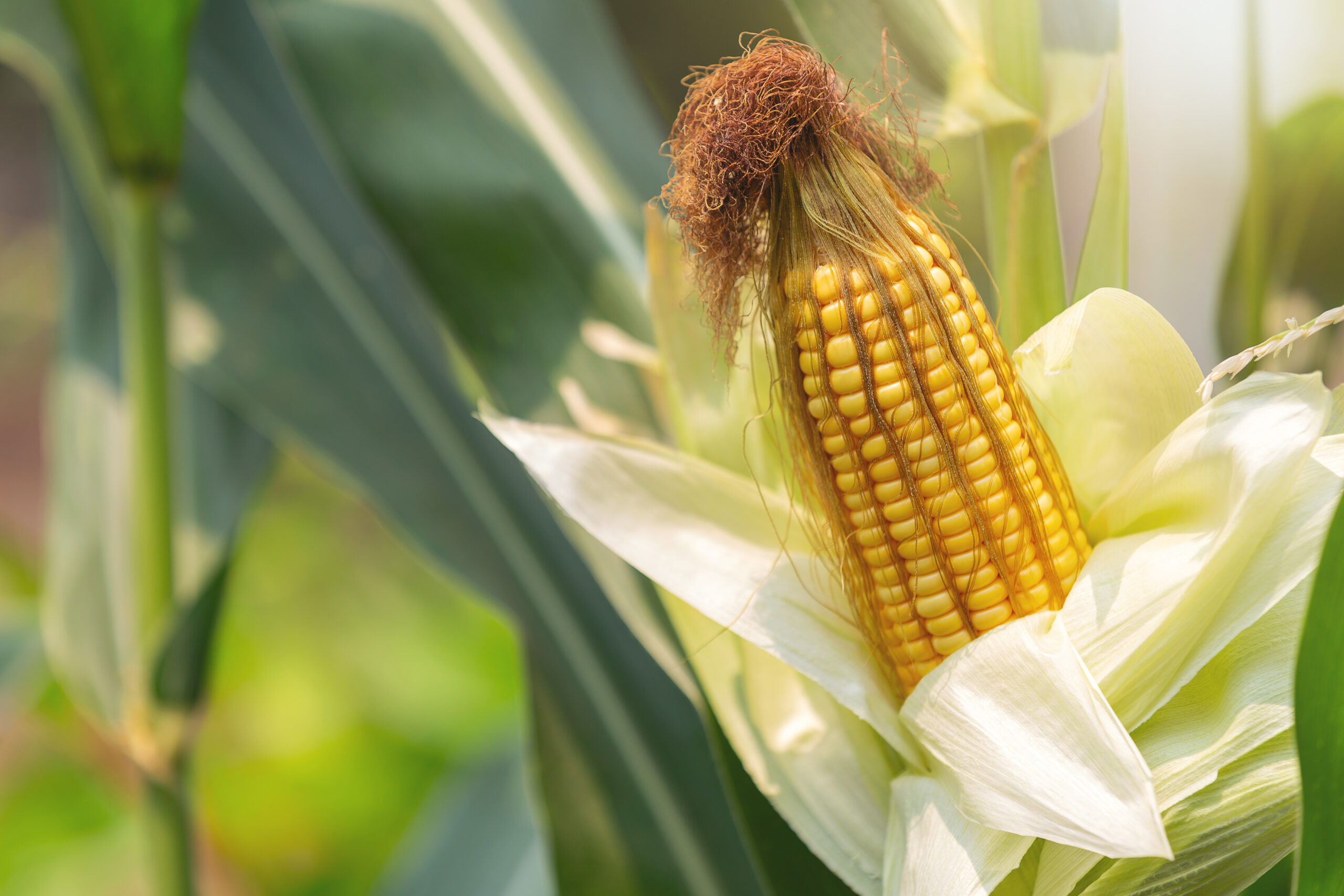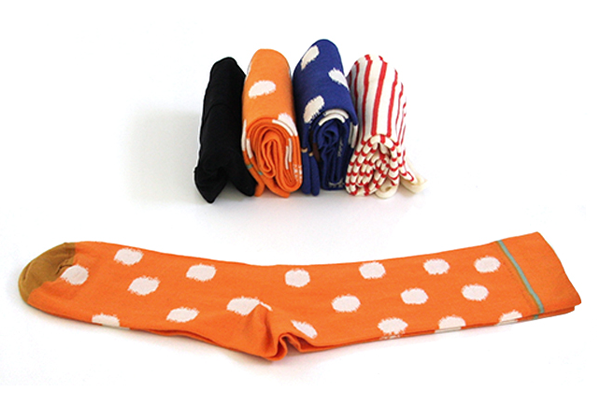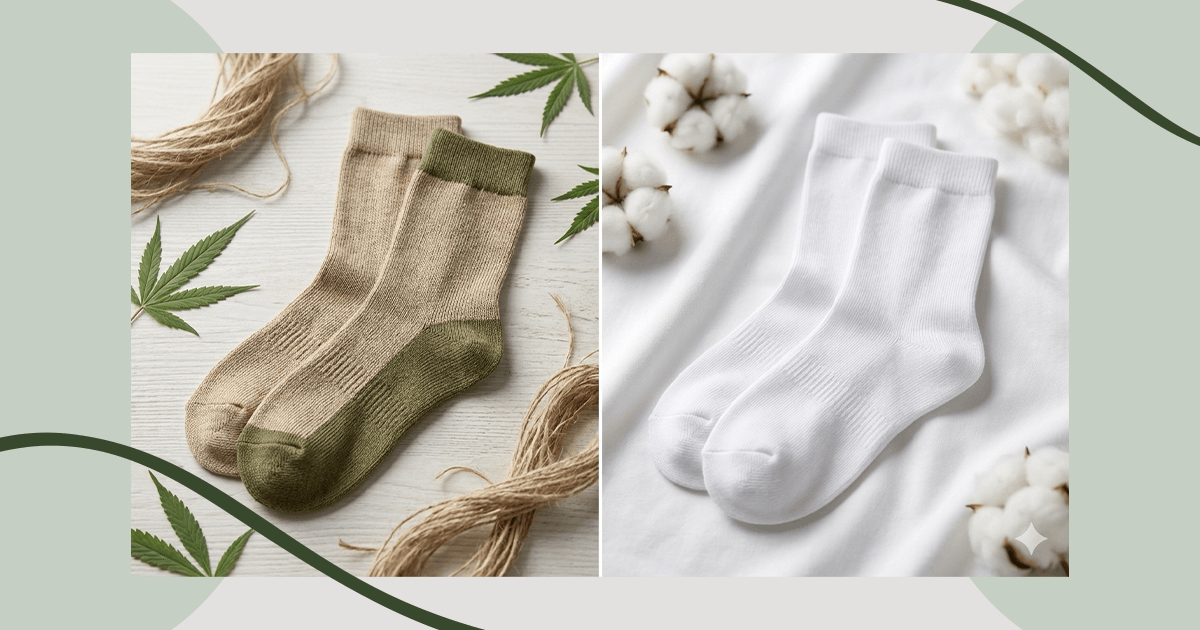What is organic cotton?
Natural organic cotton is a metaphor for “eco-friendly fashion.” It is farmed without the use of artificial pesticides or genetically altered (GMO) plants. Instead, producers safeguard their cotton plants against pests using natural means. Less toxic chemicals will therefore be used, protecting the soil, water, and farmers themselves. Biodiversity is supported by organic cotton growing, protecting the sensitive
Taking Care of Nature’s Threads with Organic Cotton
Imagine living in a society where our clothing not only enhances our appearance but also benefits the environment. The appeal of organic cotton is that it is both friendly to the environment and pleasant against the skin. Let’s explore the benefits of organic cotton, from its production on farms to its use in clothing.
What makes organic cotton a better choice?
Practical:Traditional cotton is the crop that employs the most pesticides overall. By switching to organic cotton, one can lessen the adverse impacts that these chemicals have on the quality of the land, water, and air.
Promotes agriculture: Growing organic cotton makes the workplace safer for cotton farmers. The livelihoods of farming communities are enhanced since they are not prone to the health problems linked to pesticide use.
Water conservation: Organic cotton consumes less water than regular cotton. We support the preservation of this unique resource by choosing organic.
Biodiversity– Due to the fact that organic cotton farms resemble miniature ecosystems, biodiversity is promoted. They sustain a variety of plant and animal species and bring to a more harmonious a balance in nature.
Feels Good on Skin: Organic cotton has a smooth, delicate texture by nature. It offers comfort while lowering the risk of irritation, making it ideal for anyone with allergies or sensitive skin.
Leading Companies Switch to Organic: Popular brands in the clothing industry are converting to organic cotton. From luxury brands to sportswear, they are integrating
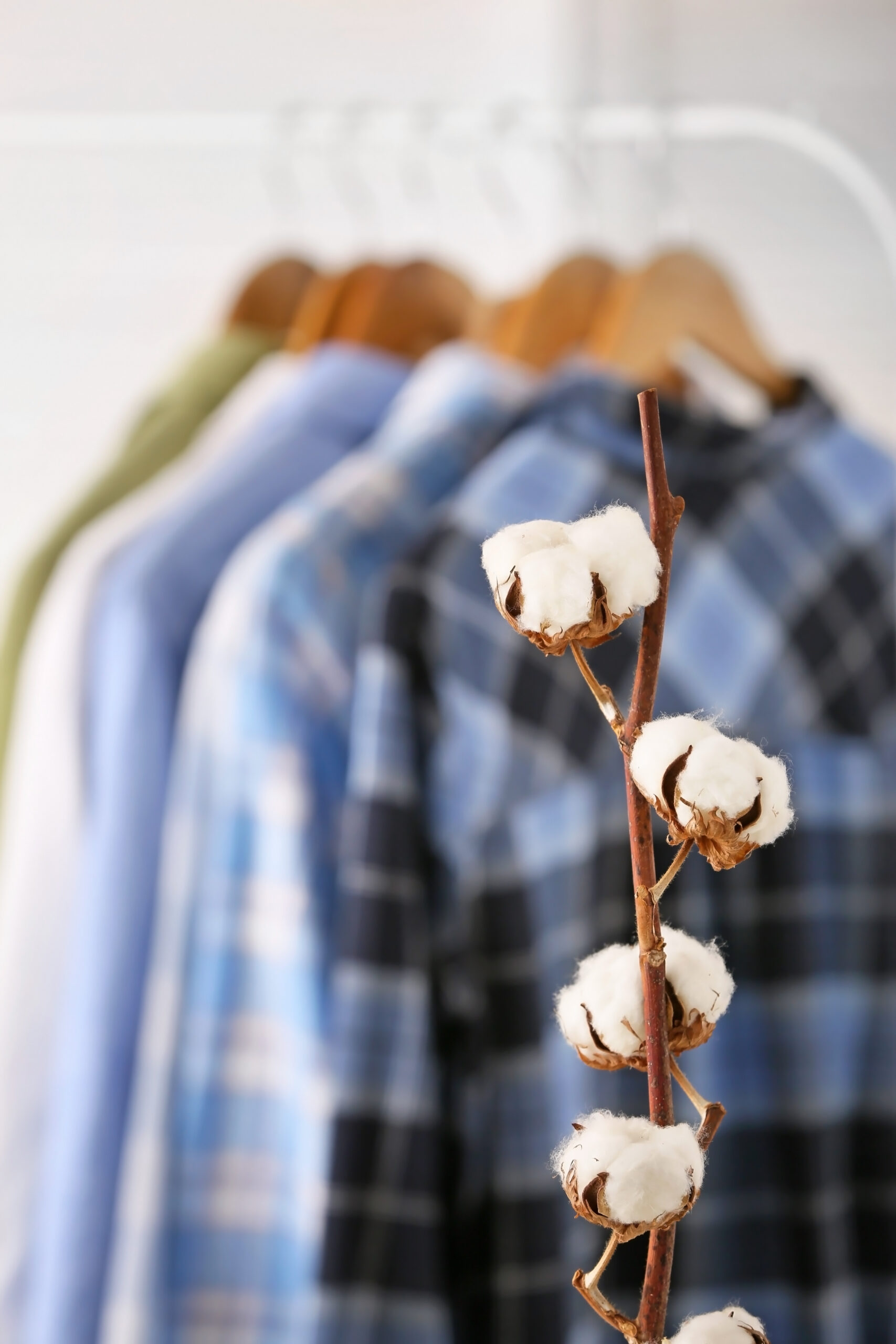
sustainable practices into their supply chains. This change sends a clear message: eco-friendly clothing is the Future
The Rise of Certifications
Certifications serve as a sort of organic cotton badge of honour. They reassure us that the products we are purchasing are actually eco-friendly. The Global Organic Textile Standard (GOTS) is one well-known
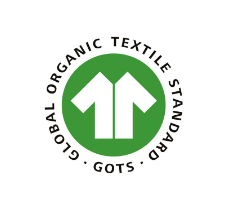
certification. When you see this mark, you can be sure that everything was produced in accordance with strict organic standards, from farming to production. OEKO-TEX Standard 100 is another certification that guarantees that textiles, including cotton, are free of hazardous levels of contaminants.
Statistics that Speak Volumes
The drive towards using organic cotton isn’t simply a fad; it’s gaining momentum year after year. The data is clear:
- Growing Production of Organic Cotton: The production of organic cotton has increased dramatically. Over 1.1 million hectares of organic cotton have been grown worldwide in the last ten years, more than doubling that amount.
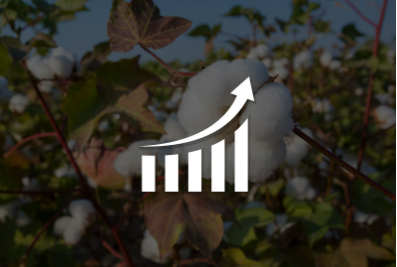
- Demand for organic cotton continues to rise as more people understand the value of sustainable options. From 2013 to 2018, demand for organic cotton rose by over 55%. This change shows that people are becoming more interested in apparel that helps the environment.
- Leading Brands Adopt Organic: Well-known names in the apparel sector are switching to organic cotton. They are incorporating sustainable practises into their supply chains, from luxury labels to sportswear. This change makes a strong statement: sustainable fashion matters.
Your Standing in the Fight for Organic Cotton
Our buying decisions influence the environment we live in. Here are several ways that you can contribute in the rise of organic cotton:
Pick Wisely: Look for items made of organic cotton when buying. Your go-to resources are the certification labels, such as GOTS or OEKO-TEX.
Get the Word Out: Discuss the positive benefits of organic cotton with your loved ones. Demand will increase as more people become aware of it.
Support eco-friendly brands: Choose companies who value sustainable practices. Supporting them will encourage the fashion industry to use more eco-friendly practices.
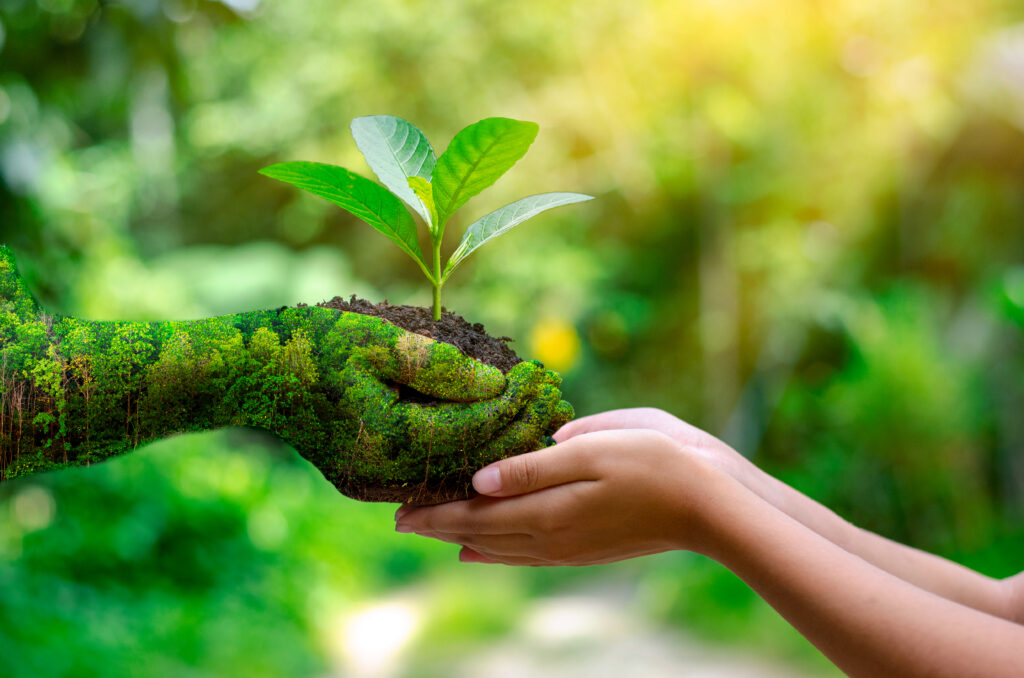
Mindfulness :Buy only what you require and take good care of your wardrobe to extend the life of each item. The need for new clothing is lessened overall when each piece of clothing lasts longer.
Be Curious: Continue to learn about the effects of sustainable fashion. You can make better decisions the better informed you are.
The future of fashion is bright thanks to organic cotton. It demonstrates how fashion and sustainability can coexist. Weaving a tale of transformation that benefits both us and the earth we call home as we embrace this eco-friendly cloth. So let’s dress to reflect our beliefs and make organic cotton a staple in our wardrobes. After all, the fabrics we choose now determine the environment of tomorrow.

